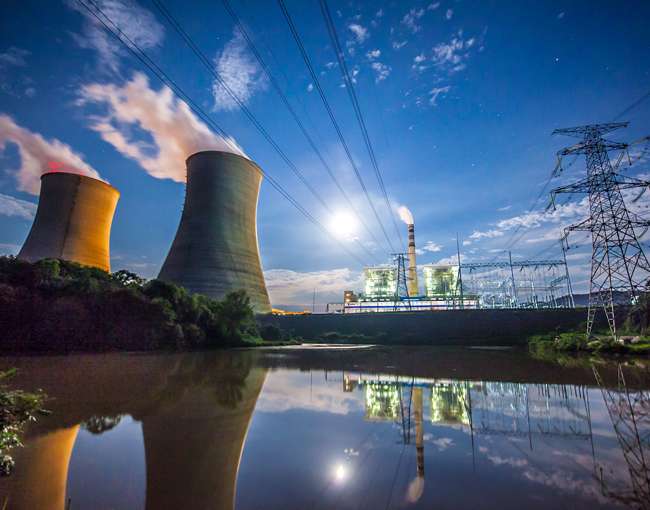A parliamentary procedure that allows the Senate to avoid the traditional supermajority (60 votes) and instead lowers the threshold to a simple majority (51 votes).
From Russia with Love
The basis for the well-known Senate filibuster does not come from the U.S. Constitution. Cloture was first added to Senate rules in 1917, requiring a supermajority of 67 votes to break a filibuster. This applied to both legislation and presidential nominations. The Senate reduced the supermajority threshold to 60 votes in 1975. Some would argue that the filibuster forces the Senate to operate in a more deliberate and bipartisan spirit, while others would argue that it allows the minority party to bring the work of the Senate to a grinding halt. The "nuclear option," first proposed by then-Vice President Nixon in 1958, uses a complicated parliamentary procedure to circumvent cloture.
The Hunt for Red October
Although the idea of the nuclear option is not new, it had not been used until very recently. As is typical in Washington, both parties threaten to do to the majority what they complained their opposition did to them when they were in the minority. Republican Majority Leader Bill Frist threatened to use the nuclear option to confirm President Bush's judicial nominees, and Democratic Majority Leader Harry Reid threatened to use it to advance President Obama's nominees. In both cases, however, last-minute compromises averted its use. Leader Reid took the dramatic step to deploy the nuclear option for the first time in November 2013 to allow for simple majority confirmations of President Obama's executive and judicial nominees, though Reid kept the 60-vote threshold for Supreme Court nominees and legislation.
The Russians are Coming!
Yesterday, the Senate Judiciary Committee voted on a party-line vote to advance Supreme Court nominee Judge Gorsuch to the Senate floor. The final votes on his nomination are expected on Thursday and Friday. Minority Leader Chuck Schumer has made it clear that he will encourage his caucus to filibuster the nomination. Due to still-festering resentment in the Senate Democratic Caucus about the lack of movement last year on President Obama's nomination of Judge Garland to fill this same vacancy, enough Democrats have publicly announced that they will vote against cloture on his nomination. As a result, Majority Leader McConnell will likely invoke the nuclear option for Gorsuch's confirmation, which many say will permanently alter the underlying character of the chamber.





